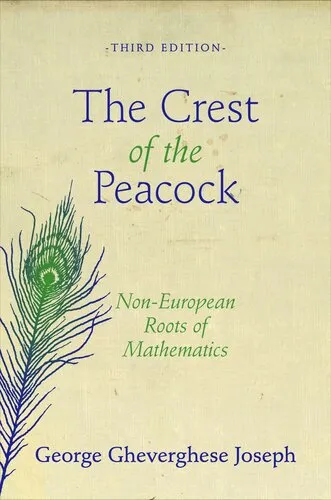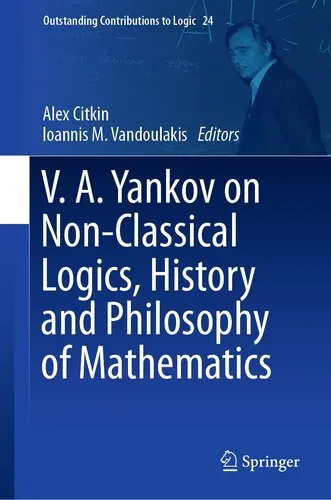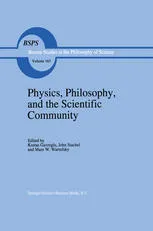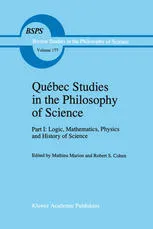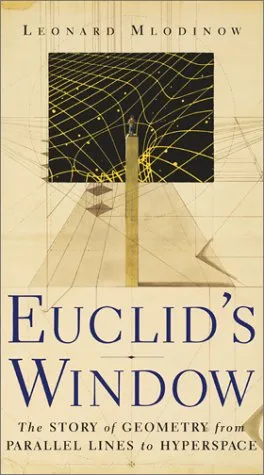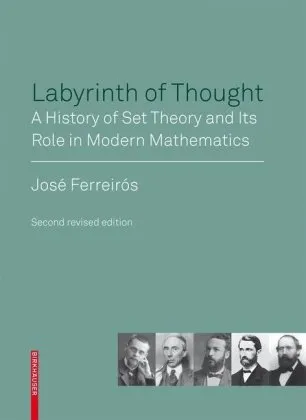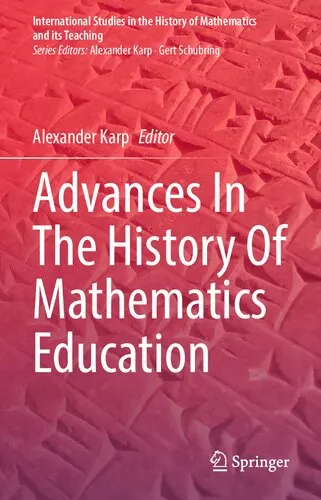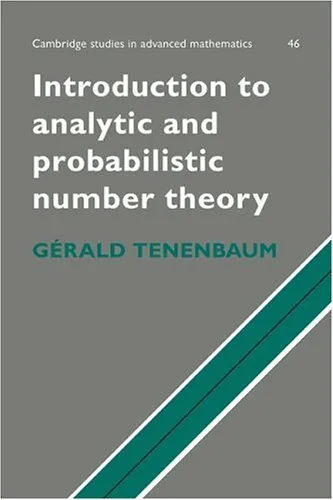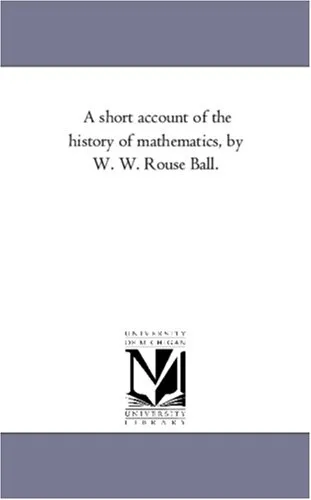Number Theory: An approach through history from Hammurapi to Legendre
4.6
Reviews from our users

You Can Ask your questions from this book's AI after Login
Each download or ask from book AI costs 2 points. To earn more free points, please visit the Points Guide Page and complete some valuable actions.Related Refrences:
Introduction to 'Number Theory: An Approach Through History From Hammurapi to Legendre'
Number theory is one of the most ancient and fascinating fields of mathematics. In 'Number Theory: An Approach Through History From Hammurapi to Legendre,' I guide readers through the historical evolution of this discipline, uncovering the profound connections between human curiosity and mathematical discovery. This book is not only a scholarly inquiry but also a journey across different civilizations, from the earliest Babylonian tablets to the monumental works of European scholars in the 18th and early 19th centuries.
Designed for historians, mathematicians, and the intellectually curious, this work bridges the gap between historical documentation and mathematical development. By intertwining the lives of mathematical thinkers with the key ideas they pioneered, I aim to highlight how social, religious, and cultural contexts shape the evolution of mathematical thought. This introduction will provide a detailed summary of the book, key takeaways, memorable quotes, and the importance of the book in the landscape of mathematical literature.
Summary of the Book
Through ten chapters, 'Number Theory: An Approach Through History From Hammurapi to Legendre' explores the origins, growth, and transformation of number theory across different ages. Beginning with the arithmetic practices of the Babylonian era, it traces the systematic study of numbers in ancient Greece, particularly focusing on the Pythagoreans and Euclid. The narrative then delves into the contributions of the Islamic Golden Age, where scholars like al-Khwarizmi and al-Karaji laid foundational work that preserved and expanded upon Greek teachings.
As the book progresses, it enters the European Renaissance and elaborates on the achievements of great minds such as Fermat, Euler, and Gauss, whose discoveries revolutionized the field. The work culminates with Legendre's contributions, marking the dawn of modern number theory. Along the way, the book sheds light on significant milestones, such as the development of prime number theory, Diophantine equations, modular arithmetic, and the invention of mathematical proofs that are still referenced today.
Each chapter combines historical storytelling with detailed mathematical exposition, allowing readers to appreciate both the intellectual rigor and the human passion that drive the quest for understanding numbers.
Key Takeaways
- Number theory has ancient roots, dating back to early civilizations like Babylon and their arithmetic practices.
- Key mathematical concepts, such as prime numbers and perfect numbers, were deeply influenced by philosophical and religious ideas, especially in Greek and early Islamic thought.
- The breakthroughs of mathematicians like Fermat, Euler, and Gauss were built upon centuries of prior knowledge, highlighting the collaborative nature of mathematical progress across cultures and time periods.
- Historical contexts, such as wars, the spread of Islam, and the European Enlightenment played crucial roles in the flourishing or stagnation of mathematical research.
- Number theory is not just a pursuit of abstract beauty but also a foundation for modern algebra, cryptography, and computer science.
Famous Quotes from the Book
"The mystery of numbers has captivated minds across millennia—not because they lay idle, but because they hint at truths greater than themselves."
"History and mathematics intertwine, as each number carries the weight of civilization’s curiosity and ambition."
Why This Book Matters
This book stands apart for its interdisciplinary approach, combining rigorous mathematical analysis with rich historical context. It provides scholars and enthusiasts alike with a deeper appreciation of how mathematics evolves in tandem with human history. By focusing on the personal lives of mathematicians and their intellectual environments, the book humanizes the abstract nature of number theory and transforms it into a vivid narrative of discovery and progress.
Readers of this work will gain not only a profound understanding of number theory but also a greater awareness of the cultural and philosophical forces that shape our development as a thinking species. As such, it serves as an essential resource for anyone interested in the history of ideas, the evolution of knowledge, and the enduring allure of numbers.
Free Direct Download
You Can Download this book after Login
Accessing books through legal platforms and public libraries not only supports the rights of authors and publishers but also contributes to the sustainability of reading culture. Before downloading, please take a moment to consider these options.
Find this book on other platforms:
WorldCat helps you find books in libraries worldwide.
See ratings, reviews, and discussions on Goodreads.
Find and buy rare or used books on AbeBooks.
1425
بازدید4.6
امتیاز0
نظر98%
رضایتReviews:
4.6
Based on 0 users review
Questions & Answers
Ask questions about this book or help others by answering
No questions yet. Be the first to ask!
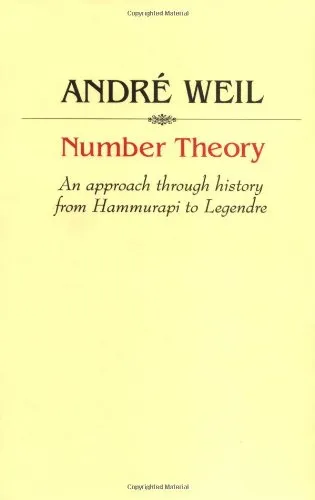
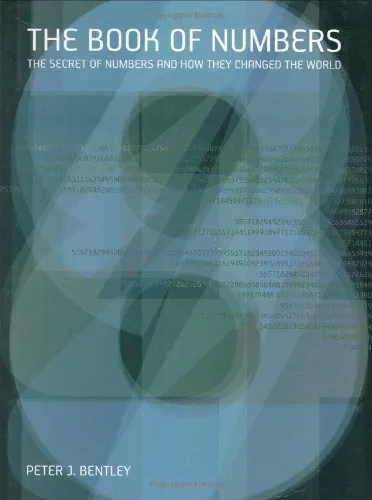
![The Mathematical Experience [Study Edn.]](https://s3.refhub.ir/images/thumb/The_Mathematical_Experience__Study_Edn_16194.webp)
